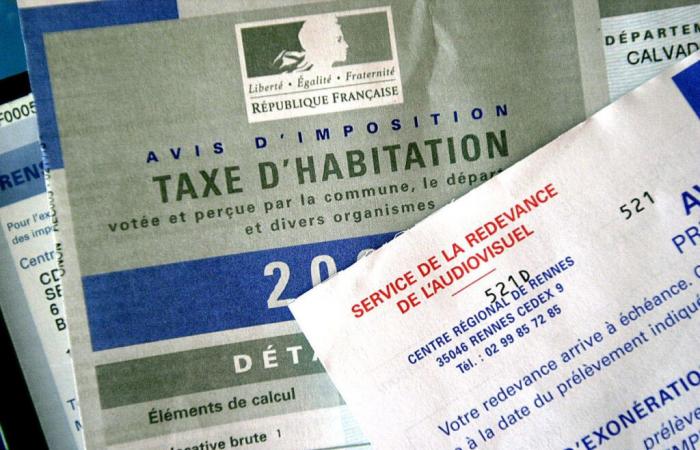Will she rise from her ashes? The gradual elimination of the housing tax for main residences, between 2018 and 2023, was presented by Emmanuel Macron as a gain in purchasing power. The State was supposed to compensate to the nearest euro for the shortfall created for local community finances, but the municipalities have since increased their property tax, by 20% on average between 2018 and 2023, according to the National Union of Property Owners, to compensate for the lack of funding.
And for the 2025 budget, the resources allocated to local authorities by the State should decrease by 6.5 billion euros next year. In this context, several political leaders are openly campaigning for a return of this tax.
From LFI to LR, proposals to restore the housing tax
On the left, LFI MP David Guiraud tabled an amendment as part of the budget review in order to restore the housing tax on main residences for the 20% of the richest households.
A return of the housing tax would allow communities to have at their disposal a tax lever to finance local public services. The idea, supported in particular by Jean-François Copé (LR) and many local elected officials, was swept aside by the government.
Vautrin in favor of a “citizen contribution to public service”
In turn, Laurent Saint-Martin, Minister in charge of the Budget and Catherine Vautrin, Minister in charge of Communities, buried a return to the housing tax as it existed before 2018, for main residences.
ALSO READ >> Housing tax: who still pays this tax in 2024?
But the solution proposed by the latter in Le Parisien nevertheless resembles a return of the housing tax, with another name. Asked about the proposal from the Association of Mayors of France (AMF) to create a “citizen contribution to public service”, Catherine Vautrin considered the idea “not ridiculous”, emphasizing that it had “no name to to propose”.
A tax subtracted from income tax?
“Without recreating a form of housing tax, making everyone responsible for the importance of the cost seems to me to correspond to a requirement that we cannot do without,” she argues, explaining that “we must think about participation possible due to living in the town or village.
At the origin of the proposal, the AMF, whose vice-president detailed the idea in Le Figaro. “Each household would pay it and its amount could represent only a few euros per month for the most modest households without weighing on taxation. We could even provide a mechanism to avoid making it an additional tax by allowing, for example, that this [cotisation territoriale universelle] be subtracted from income tax”, proposed André Laignel.
The minister does not want to increase the rate of compulsory deductions
An idea that could fit with Catherine Vautrin's objective: that the overall rate of compulsory deductions “does not increase”. As a reminder, the housing tax, created in 1974, made it possible to finance public services at the municipal level.
For example, it helps to finance social and educational expenses, sports and cultural facilities as well as road maintenance. In 2017, for its last full year, it brought in 22.3 billion, of which 15.2 went to the municipalities.






